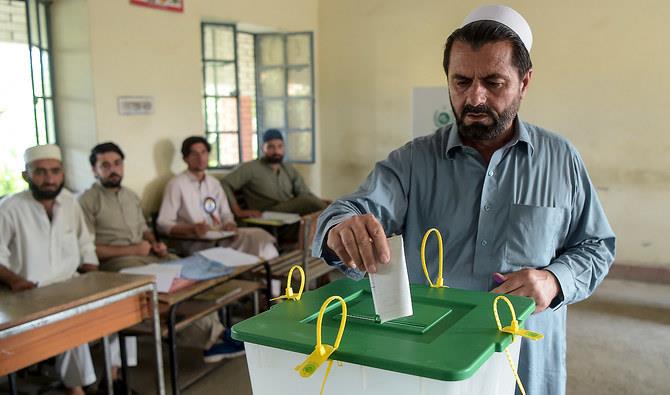
Unlocking The Pashtun Vote: Karachi's Political Landscape
Arshad Yousafzai, a senior journalist affiliated with 'The News International' in Karachi, highlights the Pashtun perspective. Many Pashtuns believe aligning with a formidable and established party, like the MQM, could address their longstanding issues. Despite originally arriving in Karachi for labor, Pashtuns have now settled, facing unique challenges that necessitate effective political representation.
MQM leader Khalid Maqbool Siddiqui recognizes the linguistic diversity in big cities, advocating for the rights of all language speakers, including Pashtuns. The Awami National Party, once a primary representative of Pashtuns, has diminished in influence over time, with Shahi Syed remaining as its solitary figure. Attempts to forge alliances against the People's Party have faced challenges, raising questions about the commitment of certain Pashtun leaders.
Also Read: Motherhood and Career: A Silent Struggle
The Pashtun representation extends beyond the Awami National Party, with Jamaat-e-Islami, People's Party, PTI, and MQM fielding numerous Pashtun candidates. However, objections have been raised regarding the demarcation of Pashtun areas, suggesting intentional fragmentation to dilute their electoral impact. Despite the Awami National Party's vocal stance on these issues, its effectiveness in addressing them remains in question.
Aziz Buneri, a former secretary-general of Awami National Party's student organization Pashtun Students Federation, emphasizes the need for nationalist parties to focus on performance rather than mere rhetoric.
MQM's historical and continued prioritization of Pashtun candidates stems from an understanding of the community's significance in the electoral landscape. Past experiences with Awami National Party candidates in ministerial roles have left Pashtuns expecting more tangible results.
Moving forward, Buneri asserts that nationalist parties, Awami National Party included, must shift their narrative from mere nationalism to concrete solutions for Pashtun issues. Identifying and addressing the community's challenges will be pivotal, as relying solely on nationalist slogans may no longer resonate with Pashtun voters.

Legal Disclaimer:
MENAFN provides the
information “as is” without warranty of any kind. We do not accept
any responsibility or liability for the accuracy, content, images,
videos, licenses, completeness, legality, or reliability of the information
contained in this article. If you have any complaints or copyright
issues related to this article, kindly contact the provider above.


















Comments
No comment